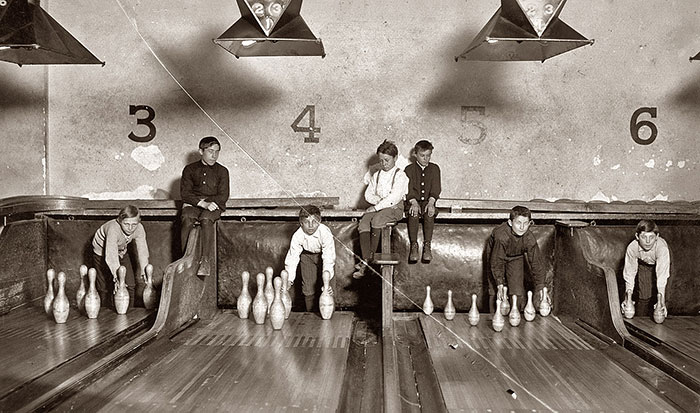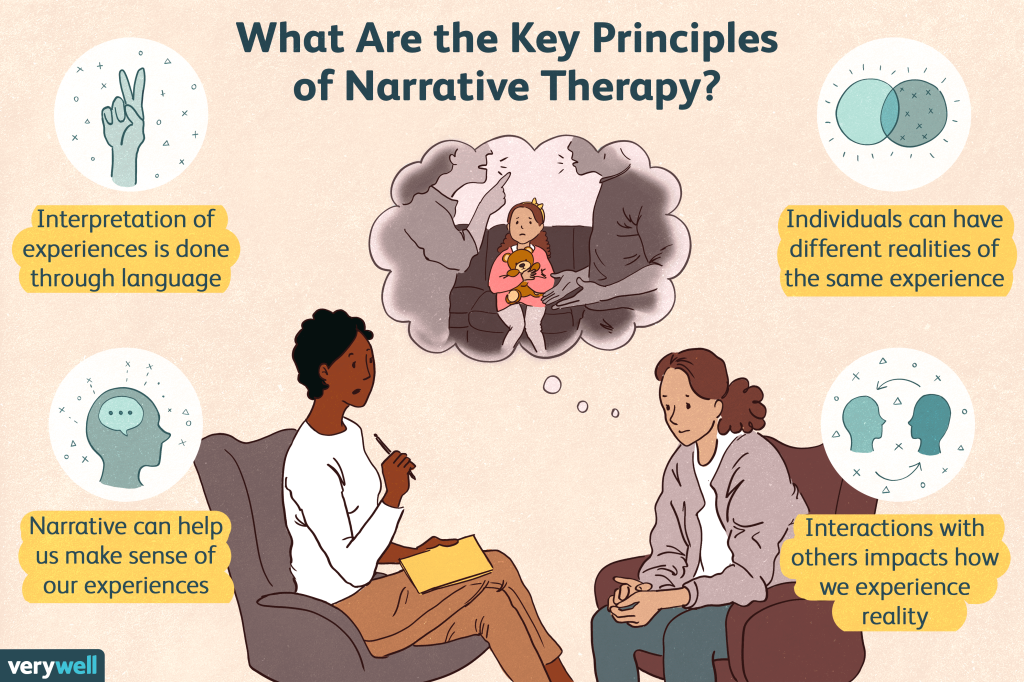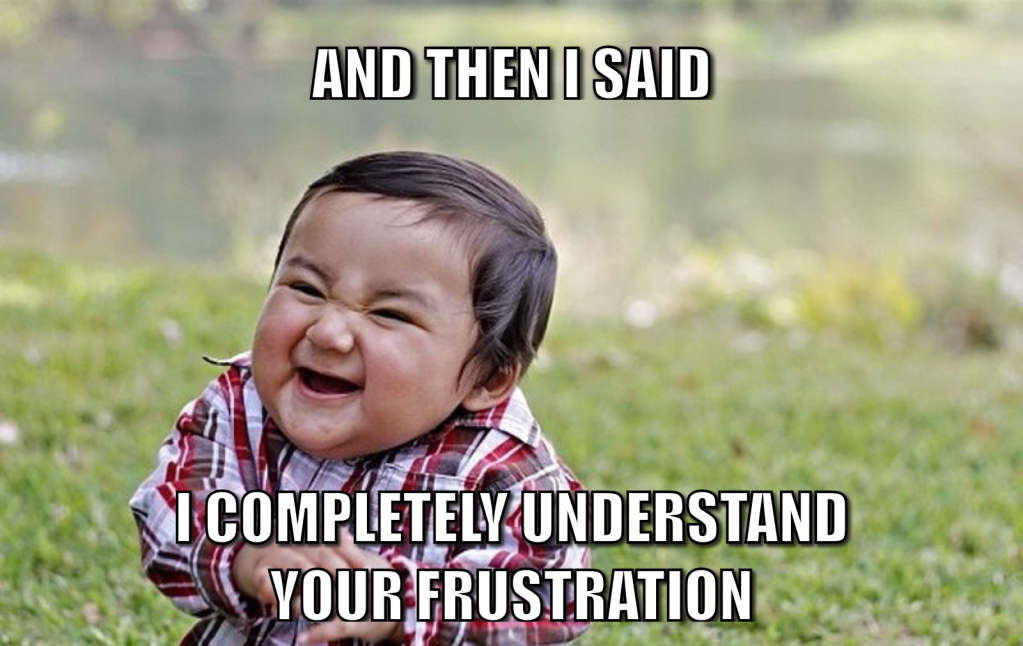It is apparent the future of work is ever-changing. Technology is rapidly evolving, with new jobs emerging, and old jobs disappearing. The human and machine partnerships are strengthening, and humans have had to adapt to this collaboration by remaining valuable and relevant in the working environment. Cassie Steel discusses the future of work in her blog post 15 jobs that don’t exist… yet, predicting what the job search may look like in 2050!

https://fineartamerica.com/featured/kids-bowling-circa-1900-jon-neidert.html

https://www.thetravel.com/strrrrike-20-of-the-most-unique-bowling-alleys-across-the-globe/
The process of Narrative Reflection enables us to recount a personal experience and apply what we’ve learned from this experience to future experiences. According to Ackerman (2021) Narrative Therapy “is a form of therapy that aims to separate the individual from the problem, allowing the individual to externalise their issues rather than internalise them.”
Narrative Therapy and Narrative Reflection coincide, both utilising storytelling to make sense of the past, which then informs the future. The processes of externalising, re-membering and outsider witnessing, will help make sense of our lived experiences and the values embedded within them.

https://www.verywellmind.com/narrative-therapy-4172956
I began working around 15 years old cleaning the office’s at my dad’s work once a week. Since then, I have had a variety of jobs in hospitality, healthcare, and teaching. Each job required me to learn new roles and responsibilities, and interact with different people in unique environments.
Disruption or change is inevitable regardless of the job and industry you are in. To make sense of ourselves we need to make sense of our experiences, both positive and negative.

https://www.businessnewsdaily.com/8744-changes-at-work-stress.html
A disruption or change I recall from working in my most recent job in hospitality occurred last year. I was working at a function and COVID had greatly disrupted the way functions were allowed to operate. Limited people could be on the dance floor, everyone had to be seated, and more emphasis was placed on table service. I was waitressing at this function, and along with dealing with the changes due to restrictions, there were also many new employees gaining experience, including a new supervising manager.
I turned up to work at my rostered time to do the job I usually do, however I remember feeling uneasy and overwhelmed from the start of my shift. The new staff hadn’t been trained properly and the supervisor in charge was asking me what to do. There was lack of teamwork, leadership, communication, and organisation, resulting in jobs being missed. Each job missed caused a domino effect, and eventually I was yelled at by a patron in front of other people due to their disappointment with how the night was going.
Similar to most people working in customer service, although I was feeling really upset and embarrassed internally, I put on a happy persona, said my apologies, and asked if there was anything I could do to help. I remember walking away trying to push away the negative energy and suppress my emotions.

https://www.sentisum.com/library/customer-service-meme
I was overwhelmed by the situation for many reasons, firstly because I thought it was my fault for what had happened, secondly it was not my responsibility to be supervising other employees, and lastly because someone was unhappy in a night which should be filled with joy. I took some time out and then continued on with the rest of the shift, regardless of how I was feeling.
Reflecting back on this bad experience I had at work, I vividly recall another employee telling me it was okay and the fact I was upset meant I cared about my job and the work I was doing. There was no single person to blame for the disruption during this shift, but each person wasn’t taking full responsibility for their role, and this had negative implications for everyone.

The term re-membering, coined by Michael White, “is developing the idea that people’s identities are shaped by what can be referred to as a ‘club of life’. Those people in my ‘club of life’ include my immediate family, and they have informed the way I approach work with a hard work ethic. They would understand why I reacted the way I did to this negative scenario at work. They know I care a lot about what others think and that I try to please everyone. Although I had the worst shift of my life, this has allowed me to re-engage with the experience and extract the positive skills I learned from it, including gaining courage, perseverance, and patience.

Hugh Fox said “outsider witnesses acknowledge our identity claims as valid and share stories about what is important to us in life as part of a community of acknowledgement”. My family and my partner are within my community of acknowledgement and they enable a link to be made between what happened at work and the rest of my life. They reassure me when I doubt my capabilities, and they can reflect back to me my values in life. Maggie Carey and Shona Russell suggest “we look for someone who will reflect back to us what it is we wish to claim for ourselves, with an important part of our identity claims will be the values that we wish to live our lives by. In maintaining our connection with our values we probably have all experienced the power of sharing those values with like-minded people”. Just like my father who is a successful businessman, I value customer satisfaction and the seamless delivery of a service.

In narrative therapy, Maggie Carey and Shona Russell (2002) discuss externalising conversations as focusing on problems that may once have been internalised and externalise them. “Basically, externalising conversations are the doorway to preferred stories and all the delightful skills, ideas and knowledges that people have. When problems are externalised, when the person no longer believes that they are the problem, this opens the door to exploring their knowledges and skills and ways of addressing the effects of the problem”
This situation at work I viewed as a failure. I thought I lost my professionalism and I didn’t talk about it to anyone else straight away due to embarrassment. Once I externalised this story, I could view it from a positive perspective and understand the skills I used and developed. I applied more leadership and responsibility in helping the new employees, and my confidence dealing with conflict has strengthened immensely.

The narrative practices of externalising conversation, remembering conversation, and outsider witnessing, has helped me extract meaning from this challenging time at work.
“Without memories, the future is impossible, not because the past can predict what will happen, but because it allows us see the movements and paths that we have unwittingly taken. It is memory that allows our stories to be recorded, to be written”
– Teshome Gabriel
This quote of Teshome Gabriel conveys to me the importance of reflecting on past experiences to help inform the path I take in my future of work. If I did not encounter any challenges, I would not understand my values of persevering, patience, problem solving and leadership. Each of these values are an essential component to my success in the future workforce, therefore I need to be aware of them for my future growth.
Resources
Ackerman, C., 2021. 19 Narrative Therapy Techniques, Interventions + Worksheets. [online] Positive Psychology. Available at: <https://positivepsychology.com/narrative-therapy/> [Accessed 29 August 2021].
Carey, M. and Russell, S., 2021. Externalising – commonly asked questions. [online] Dulwich Centre. Available at: <https://dulwichcentre.com.au/articles-about-narrative-therapy/externalising/> [Accessed 29 August 2021].
Carey, M. and Russell, S., 2003. Outsider-witness practices: some answers to commonly asked questions. The International Journal of Narrative Therapy and Community Work, [online] Available at: <https://narrativepractices.com.au/attach/pdf/Outsider_Witness_Common_Questions.pdf> [Accessed 29 August 2021]
Russell, S. and Carey, M., 2002. Remembering: responding to commonly asked questions. The International Journal of Narrative Therapy and Community Work, [online]. Available at: <http://narrativepractices.com.au/attach/pdf/Remembering_Common_Questions.pdf> [Accessed 29 August 2021]
Steel, C., 2020. 15 jobs that don’t exist… yet. [online] Careers with STEM. Available at: <https://careerswithstem.com.au/15-jobs-that-dont-exist-yet/> [Accessed 29 August 2021].
Teshome Gabriel. n.d. Teshome Gabriel | Articles and Other Works. [online] Available at: <https://www.teshomegabriel.net/> [Accessed 29 August 2021]
